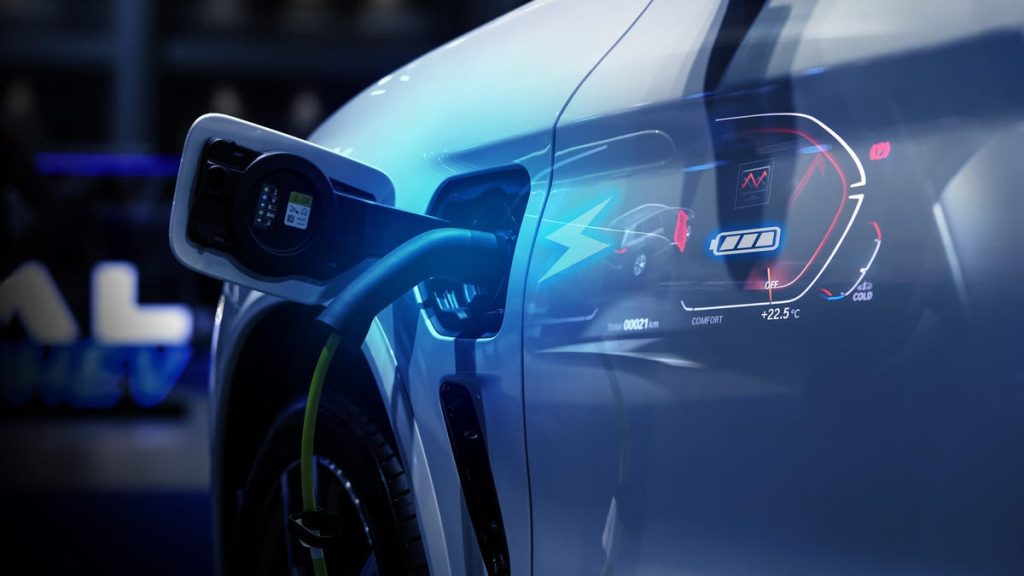Google Maps is enhancing its features to assist electric vehicle owners in keeping their cars charged, utilizing artificial intelligence to do so. The app will now provide real-time details about chargers when users indicate they are driving an EV, including the charger’s status, location, available plugs, and expected range. Google Maps will also offer suggestions based on the car’s battery level and allow users to filter hotels by EV charging availability. This upgrade comes in response to the increasing ownership of electric vehicles, with Google aiming to make it easier for users to charge their cars on the go.
The integration of AI technology into Google Maps will power features such as summaries of customer reviews for individual EV chargers and assist drivers in finding chargers in less obvious locations. Google plans to prompt users to share details about their charging experiences, such as wait times and successful charging outcomes. These features will be rolled out globally in the coming months, beginning with vehicles equipped with Google built-in infotainment systems, like certain Volvo and Polestar models. Additionally, Google recently added EV-related features to its driving assistant app, Waze, further expanding its efforts to enhance the user experience for EV owners.
As electric vehicles continue to gain popularity, Google Maps’ new AI-powered capabilities are expected to be well-received by users. With EVs accounting for a significant percentage of new car sales in the US, particularly in states like California, these new features are likely to be a valuable addition for many drivers. The app will recommend boost charging stations along routes, adjust arrival times to include charging stops, and provide automated EV-specific capabilities for users with Google-powered infotainment systems. For those without built-in systems, Google plans to introduce some of these features to the mobile version of Google Maps in the near future.
In its ongoing effort to incorporate AI into its products, Google has been racing to introduce innovative AI features, especially after the success of OpenAI’s ChatGPT. The company has launched AI-powered products like the Bard chatbot (later renamed Gemini) and the Magic Editor for photos, showcasing its commitment to leveraging AI for enhanced user experiences. Google is set to announce more AI products during its upcoming Google I/O developer conference, further solidifying its position as a leader in AI technology. The addition of AI-powered features to Google Maps is a testament to the company’s dedication to delivering cutting-edge solutions for its users.
Overall, Google Maps’ upgrade for electric vehicle owners is a significant step towards providing a seamless charging experience for drivers. By leveraging AI to enhance the app’s capabilities, Google is addressing the growing demand for electric vehicle infrastructure and simplifying the process of finding and utilizing charging stations. With the rollout of these new features in the coming months, Google Maps is poised to become an essential tool for electric vehicle owners, offering valuable insights and recommendations to enhance their driving experience. The integration of AI technology into Google Maps represents a strategic move by Google to stay at the forefront of innovation in the tech industry.


